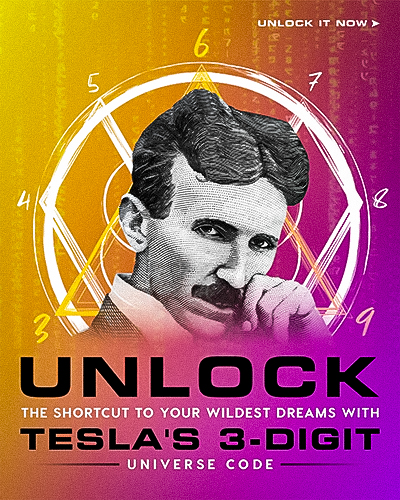
One of the most fascinating experiences in a person’s life, is the very occurrence of the so-called deja-vu. The deja-vu concept is an occurrence in which a situation and sensation recreate itself all over again, without necessarily having live through the same experience earlier.
Although related to past experienced, the deja-vu has still remained a mystery to many scientists before a groundbreaking revelation presented itself.
Numerous people tried associating deja-vu with other phenomena such as dreams, past lives, and glitches. However, there is one even simpler explanation that the deja-vu experience is merely a form of reliving a memory that we have, believe it or not, forgotten.
The deja-vu is a rare state of mind and usually, it happens in patients suffering health issues such as epileptic episodes. The correct translation for deja-vu is “already dreamed” and it ties to the feeling of reliving a moment that you have experienced whilst sleeping.
Agroup of scientists has fully devoted themselves to figuring out what deja-vu actually means. They approached the case by using electrical brain stimulations gathered from 23 studies and theories and even case studies on epilepsy and its treatments. The entire research was later published in the Brain Stimulation journal.
The man behind these studies is Jonathan Curot from the Toulouse University Hospital, and he claims that with the help of electrical brain stimulation, we are able to capture this exquisite phenomenon.


Deja-vu comes in three separate categories, with the first one being known as “episodic-like.” In this category, the patient remembers a particular dream that happened at a particular time.
In his dream, the patient was with a friend and they read a comic until one huge beetle came and interrupted them, turning the dream into a nightmare. This was a dream which occurred when the patient was around 4 years old.
Furthermore, the second deja-vu next category is referred to as “familiarity-like” and happens when the patient can’t relive this particular dream but feels an unclear recollection of it.
As one patient explained, while was reading, he felt this fascinating emotion of deja-vu and he was not sure if it was from a dream or just a coincidence. However, he mentioned that he felt scared as he noticed a character which he isn’t sure if it was a dream projection or a reality.
The third and final category is called the “dreamy state” and in it, the patient constantly feels like he is in a dream. It was described as a funny emotion similar to passing out and the study patient claimed to have felt exactly as if he was floating in the air.
There is a need for many additional studies and explorations in order to determine whether deja-vu can be triggered by electrical brain stimulation or not.
Anyhow, the results will certainly be intriguing once we get a clear picture of how the deja-vu works.
The authors of the study claimed they can’t be completely sure if the first two categories are strictly a form of deja-vu and that this phenomenon is, indeed, related to former dreams.
However, there is a chance that with the help of electrical brain stimulation, we can inflict this captivating feeling of deja-vu and finally resolve the stigma revolving this concept.












